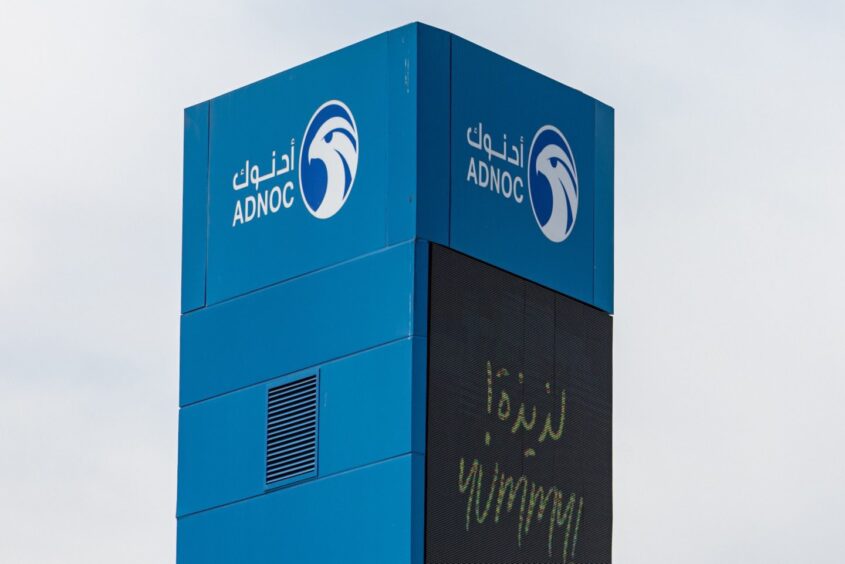
Abu Dhabi National Oil Co. is exploring a potential acquisition of Wintershall Dea, the European energy explorer backed by BASF, people with knowledge of the matter said.
The state-owned Middle Eastern company has been studying a possible bid as it seeks to boost its global footprint, the people said, asking not to be identified because the information is private. Any deal could value Wintershall Dea at more than €10 billion ($11 billion), the people said.
UK-listed Harbour Energy (LON:HBR) is also among suitors that have been evaluating the business, according to the people.
Shares of BASF gained as much as 2.3% in Frankfurt trading Friday, the biggest intraday gain in more than two weeks. Harbour Energy shares were up 1.1% at 10:58 a.m. in London.
German chemical group BASF has been working with advisers to explore a sale of its 73% holding in Wintershall Dea, the people said. Billionaire Mikhail Fridman’s LetterOne owns the remaining share of the company.
Adnoc, led by Chief Executive Officer Sultan Al Jaber, has been pursuing a number of acquisitions to expand internationally and diversify its business. The energy giant is putting the final touches on a deal with OMV AG to create a petrochemical firm worth more than €30 billion. It’s separately working on a purchase of German chemicals group Covestro AG.
Any transaction would likely only take place next year, as the Russian government needs to sign off on Wintershall Dea’s planned exit from the country, the people said. Representatives for Adnoc and Harbour Energy declined to comment. Spokespeople for BASF and Wintershall Dea didn’t immediately respond to requests for comment.
Wintershall Dea announced its Russian divestment plans in January, but the process isn’t straightforward. “Obstacles are getting bigger and bigger” for Wintershall Dea to exit its shareholdings in Russian assets it jointly owns with Gazprom PJSC, Chief Executive Officer Mario Mehren told reporters in July.
In the third quarter, Wintershall Dea recorded €964 million in earnings before interest, tax, depreciation, amortization and exploration costs. It had daily quarterly production of 324,000 barrel-of-oil equivalent for the period.
